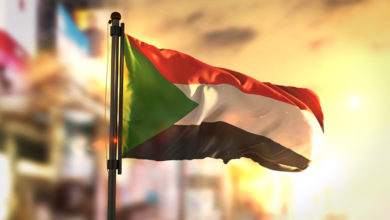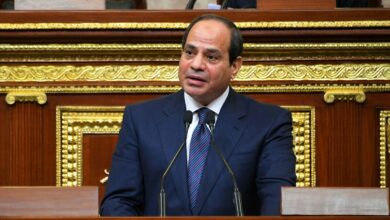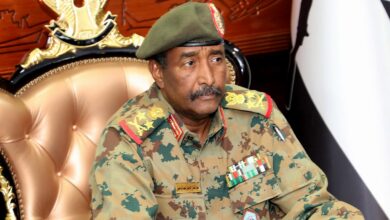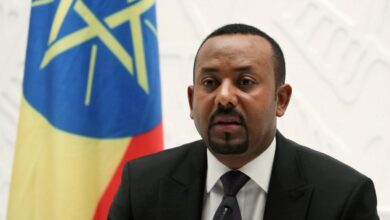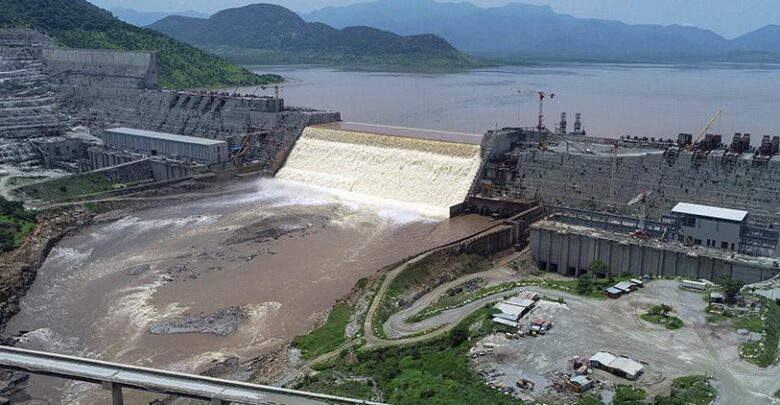
Sudan and Egypt on Wednesday issued a joint statement that said that the countries would coordinate efforts to pressurize Ethiopia to negotiate and finalize an agreement on filling and operation of the controversial Nile dam, reported Reuters.
The two countries issued the statement after African Union-sponsored negotiation talks between the three countries remained stalled since April.
Egypt’s foreign and irrigation ministers met with their Sudanese counterparts in Sudan’s capital, Khartoum, on Wednesday for talks focusing on Ethiopia’s dam project.
In a joint statement after the meetings, Egypt and Sudan warned of “serious risks and grave consequences of the unilateral filling” of the dam’s reservoir.
The two countries argue that Ethiopia’s plan to add 13.5 billion cubic meters of water in 2021 to the dam’s reservoir is a threat to them. Last year, the volume of the first phase of filling was 4.9 billion cubic meters.
The ministers stressed the importance of coordination at the regional and international levels to reach a satisfactory and binding deal. They urged the international community to intervene “to ward off risks related to Ethiopia’s continued pursuit of its policy of seeking to impose a fait accompli on the downstream countries”.
On Tuesday, Egypt’s Manpower Minister Mohamed Saafan warned the second filing of the dam without reaching a legal and binding agreement would have catastrophic effects.
Sudan and Egypt had previously proposed and called for the U.S., U.N, and the European Union to help reach a legally binding deal. But Ethiopia, which began construction of the GERD in 2011, announced its rejection of the proposal.
The Ethiopian government claims that Grand Ethiopian Renaissance Dam (GERD) is essential for the country’s economic development and power generation. Upon completion, the dam is expected to generate more than 6,000 megawatts of electricity.
Egypt fears the dam will reduce its water supply and Sudan is concerned about the impact on its own water flows.


